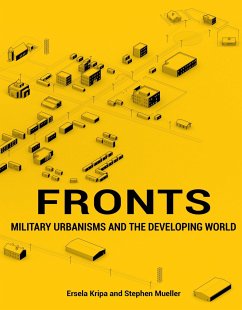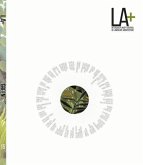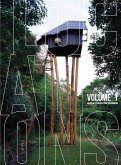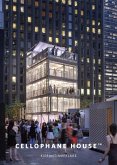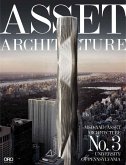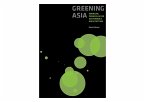FRONTS uncovers a growing geography of codependence between the global security complex and the urban morphologies of the developing world, which it increasingly incriminates. Military training sites provide a lens through which we can better understand the shape of the city to come. Military doctrine has recently and dramatically shifted to view the world's cities as suspect sites of potential aggression. As the majority of new urban life will manifest in informal development, the world is now more than ever explicitly divided in two camps-those who view the informal city as an opportunity, and those who view the informal city as a threat. This paradigmatic shift has set the stage for impending conflict between security and development interests, which use the informal city as their site.
Hinweis: Dieser Artikel kann nur an eine deutsche Lieferadresse ausgeliefert werden.
Hinweis: Dieser Artikel kann nur an eine deutsche Lieferadresse ausgeliefert werden.

